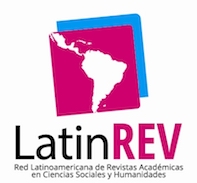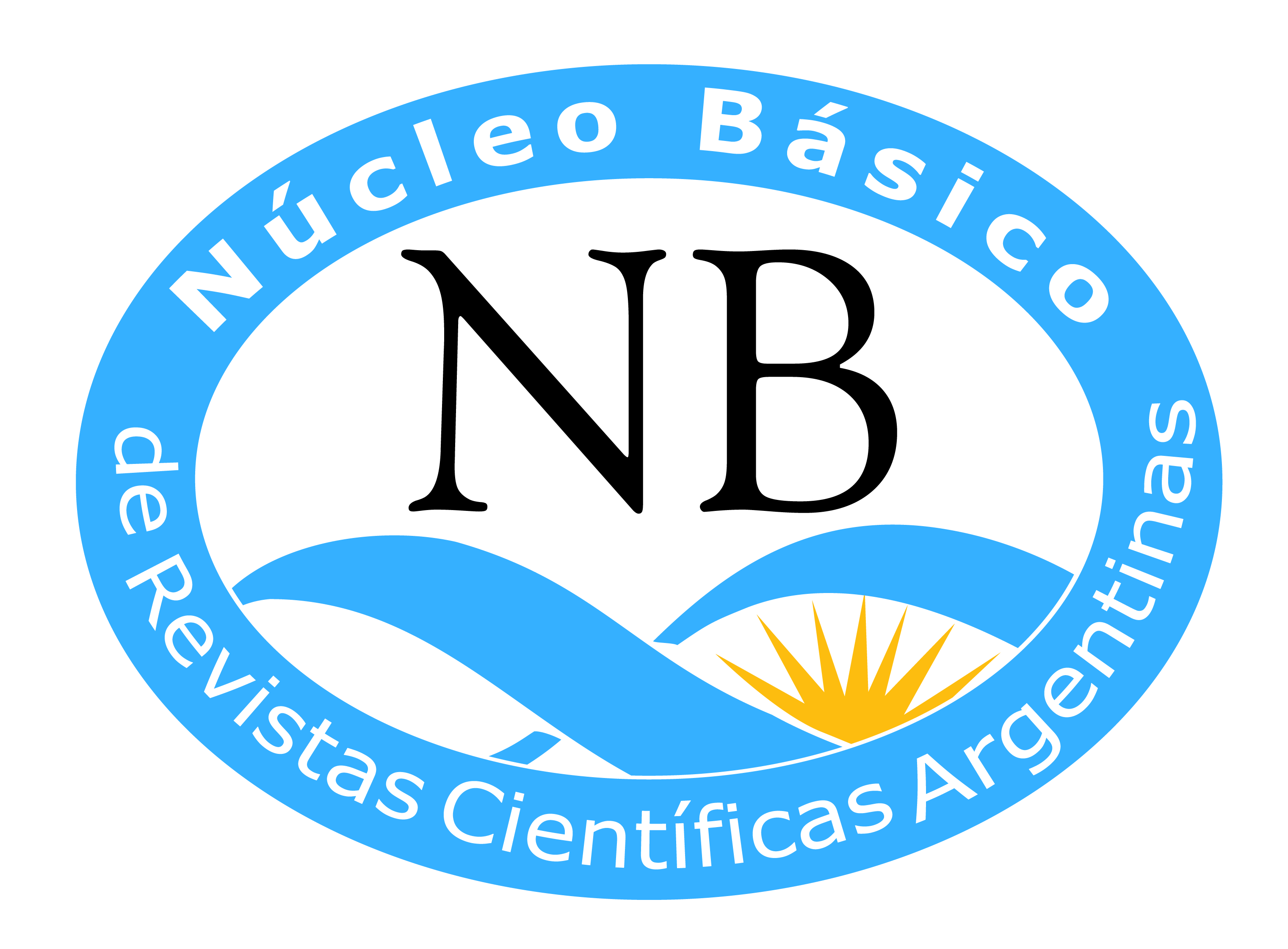School, jobs, and inequality in the digital age. Keys from the development of digital trades to disadvantaged sectors
DOI:
https://doi.org/10.14409/ie.2021.14.e0009Keywords:
secondary school, pedagogy, digital occupations, disadvantaged sectorsAbstract
School education is a modern device that starts from a dialogue with an almost extinct era. Secondary school, moreover, emerges as a selective institution intended only for some. In Argentina, working-class teenagers were able to access this level by joining technical schooling programs especially designed for them. This distinction is based on the hierarchisation of knowledge outlined by modernity, which distinguished theory and practice, intellectual and manual skills. There is a long-standing criticism against this model, which has grown and led to greater consensus on rethinking this educational project as a result of the profound epistemological, cultural, and technological changes brought about by the digital era. In this context, a series of trainings in digital trades oriented to young people from working-class neighbourhoods have emerged and seem to refute the thesis of the cultural capital of origin traced by critical sociology for schools half a century ago. By analyzing these offers in the light of the school core concepts that are currently under review (use of ICT, pedagogical proposal, relationship with knowledge), we provide evidence that might pose questions about the epistemological-pedagogical character that leads to the inequality produced and reproduced by school.
Downloads
Published
How to Cite
Issue
Section
License
Those authors who have publications with this magazine, accept the following terms:
The authors will retain their copyright and guarantee the journal the right of first publication of their work,
which will be simultaneously subject to the Creative Commons Recognition License that allows third parties to share
the work whenever its author and first publication this magazine.
Authors may adopt other non-exclusive licensing agreements for the distribution of the published work (eg, deposit
it in an institutional telematic file or publish it in a monographic volume) whenever the initial publication in this
journal is indicated.
Authors are allowed and advised to disseminate their work through the Internet (eg, in institutional telematic files
or on their website) before and during the submission process, which can produce interesting exchanges and increase
citations of the published work. (See The effect of open access).
















